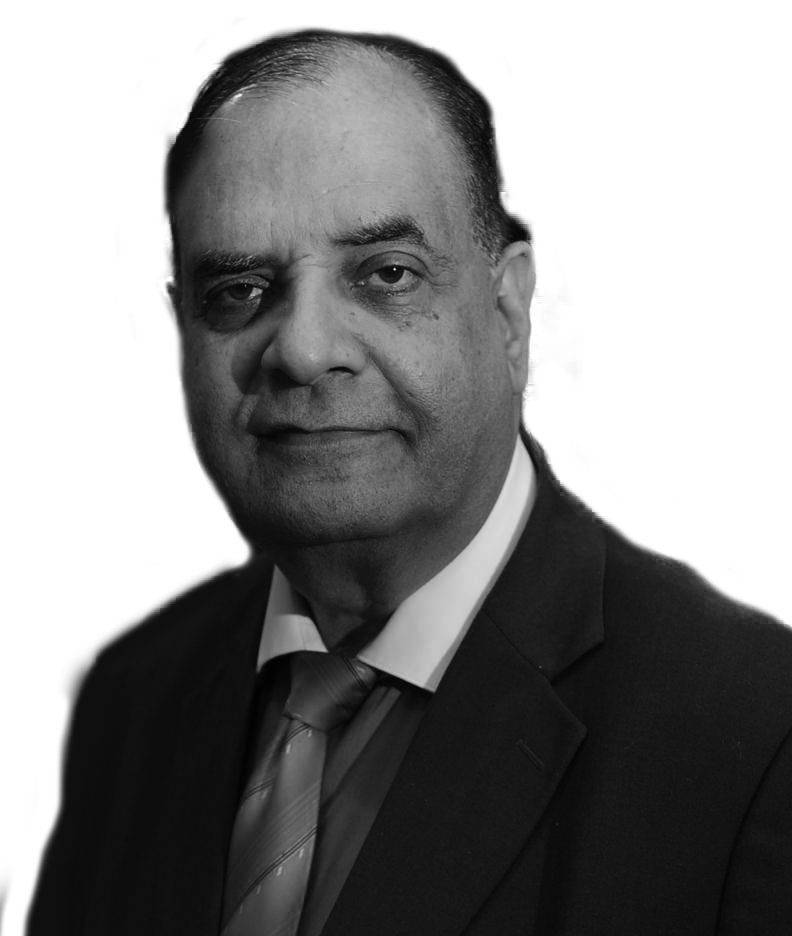New Delhi: It is not about any movie scene. During the 1989 elections, I sent one of my experienced correspondents, Diwakar, to take an interview of a prominent candidate who was contesting in elections even while staying in Munger Jail in Bihar. Diwakar reached Munger from Patna and reached the jailer’s cell in the jail at around 12 noon. Sitting on the jailer’s chair in a plain kurta-pajama, the man asked, “What’s the matter? What is your work? Who do you want to meet?”
Diwakar said, “Sir I have to meet Netaji, who is contesting the elections this time. He is in your jail.” The person sitting on the chair said, “What do you want to talk about?” The patience of our journalist started breaking. He said, “Sir, I am a correspondent from a big newspaper, this is my identity card, I have taken permission of the state government and the district magistrate.”
“Yes, tell me what you want to ask, I am sitting in front of you, I am the one who is contesting the election. Is that also a crime?”
Diwakar immediately realized that the man sitting in the jailer’s chair was the leader who was in jail. Diwakar did not recognize the person as at the time there were no TV news channels and very few colour photos were printed in newspapers, and this leader was a candidate for the first time from a big party in Bihar. However, he completed the interview, and after completing the interview Diwakar came out and asked a policeman, “Where is your jailer?”
The guard replied: “Inside, in the kitchen of the jail, Netaji’s food and drink are being arranged. But you cannot go there.” Diwakar said no now I do not want to meet him.
After returning he told me about the interview, which was soon published in the newspaper. But there was no resentment from the leader and the party. Perhaps it gave publicity to the candidate’s influence. The state or central government too did not react. The prisoner couldn’t win the election at the time but later again fought and won. After coming to power, the cases against him got weak gradually. This was the first case for us in the last three decades, but many such Bahubalis have become influential in power or opposition by contesting elections properly.
Recently, the Supreme Court has directed that government will not be able to withdraw any case in the future without the permission of the High Court. Meanwhile, another interesting order of the Supreme Court has come to the fore. The Supreme Court of the country has ordered the transfer of two prominent builders who are imprisoned in Delhi’s Tihar Jail to Arthur Road and Taloja Central Jail in Mumbai. In fact, the Enforcement Directorate of the Government of India told the court that once out on a payroll, these people, along with their officers and other people from a secret underground office, were making fake documents and were involved in other illegal businesses. They had laundered crores of rupees from inside the country and abroad. Even while in jail, they kept trying to erase the evidence of their crime. Taking strong exception on this report, the court asked the Commissioner of Police, Delhi to investigate the case and present reports before the court in two weeks.
Twenty years ago, a detailed report was released by a high-level committee on the nexus of politicians, police, and criminals, but the government neither released the full details nor made strict provisions to exclude people with criminal backgrounds from contesting elections. Twenty years ago in 2001, the Supreme Court, in an important decision, had ruled that if a person was found guilty of any offence or crime in the lower court, he or she should be allowed to hold any office of government only after being acquitted by a higher court. But even after this, many leaders like Jayalalithaa and Lalu Yadav continued to get important posts in the states and the centre. As a result, many convicted leaders came to power on the basis of pending hearings in the high court for years, and have been involved in corruption, and have been harassing honest officers. In Maharashtra, during the last few months, there have been resignations and arrests due to the serious allegations on the nexus between the police commissioner and senior minister Anil Deshmukh.
For such cases, the Election Commission has recommended that politicians should be banned from contesting elections only after the charge sheet is filed in the court.
Only if he is later proved acquitted by the courts, he may contest the election. But this recommendation has not been accepted by any central government, party, or parliament so far.
After coming to power, Prime Minister Narendra Modi had suggested a time-bound trial in a special court for serious criminal cases against politicians. But due to the shortage of judges in the courts and thousands of pending cases, this work has not been possible till now. Dirty politics also leads to disturbances in the socio-economic fields, nowadays not only the criminal gangs of the country but foreign powers, and companies have also started influencing the political system. For economic stability and self-reliance, it is necessary for the leaders, officials, and people associated with the industry and business in the public sector to follow the code of conduct rules and regulations.
And it is expected that before the next elections, some crucial rules and regulations would be implemented by the Parliament or the Supreme Court for maintaining fairness and thus add new norms in public life.
Alok Mehta is Editorial Director of ITV Network (India News and Aaj Samaj).

